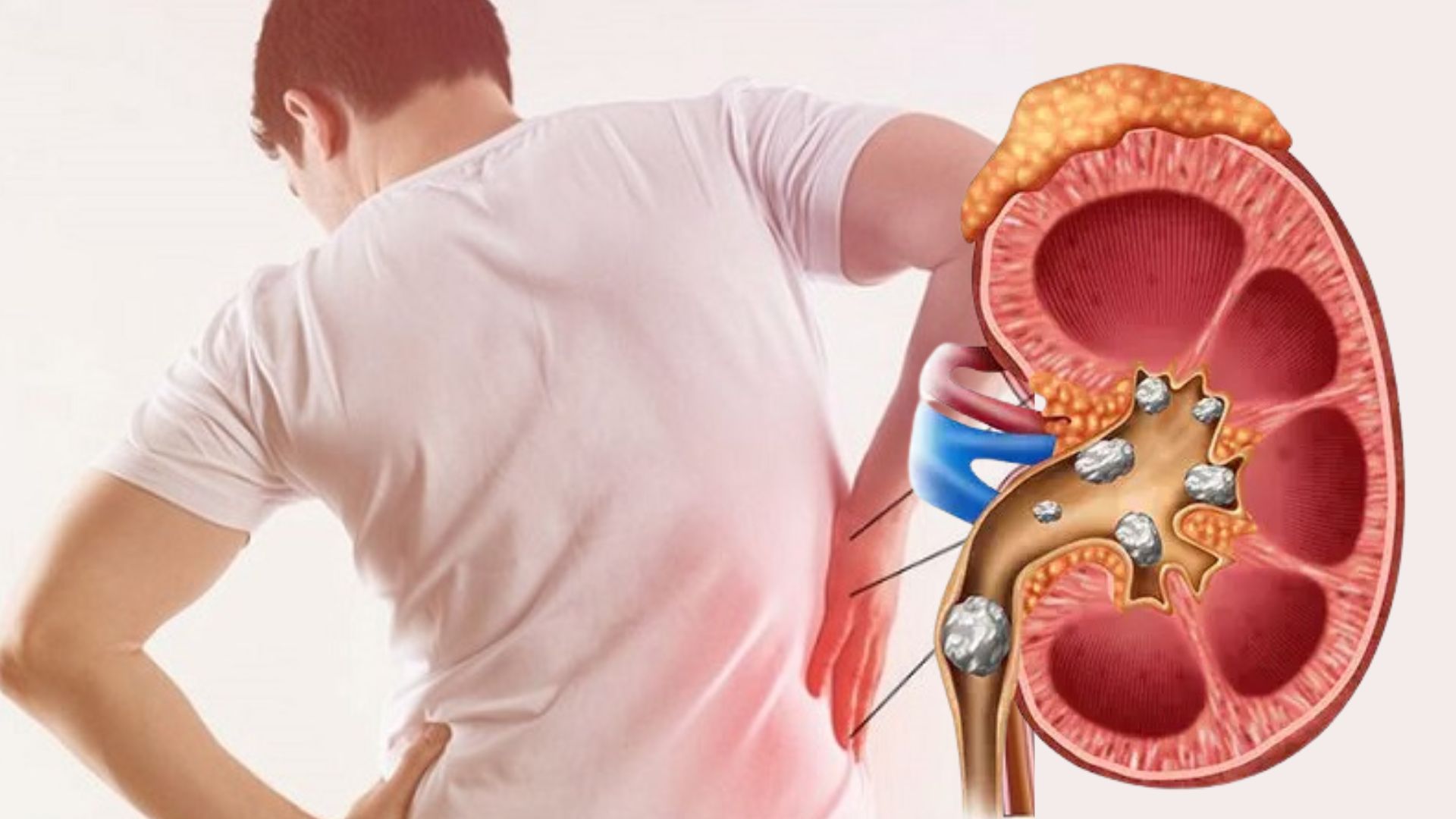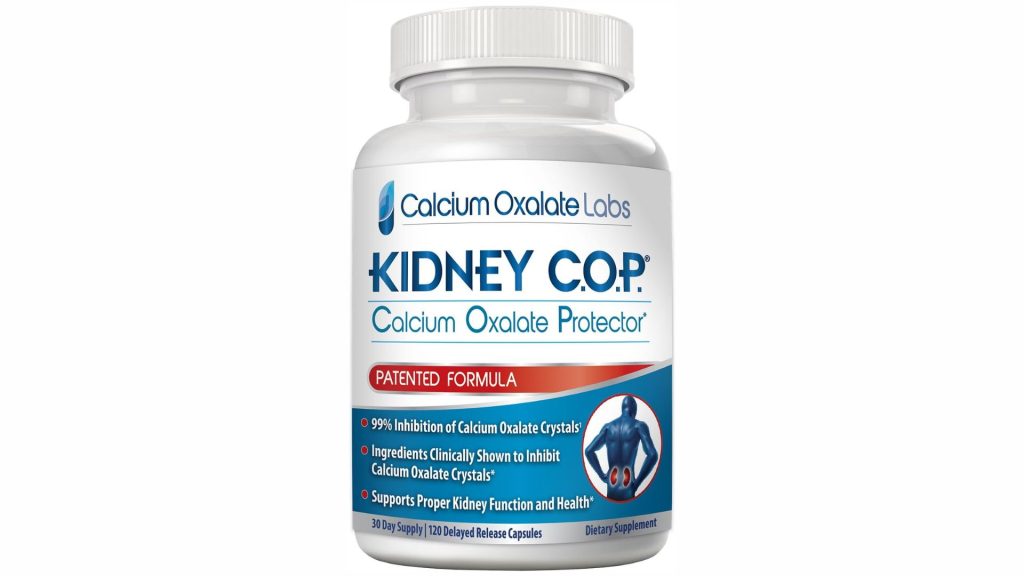
Kidney Stones: Causes, Symptoms, Prevention, and Treatment
Table of Contents
Kidney stones, also known as renal calculi, are hard deposits made of minerals and salts that form inside the kidneys. They are a common urological condition that affects millions of people worldwide.
This article provides an in-depth exploration of kidney stones, including their causes, symptoms, prevention strategies, and treatment options.
What are Kidney Stones?
Kidney stones are solid masses that develop from crystals in the urine. These stones can form in various parts of the urinary tract, including the kidneys, ureters, bladder, and urethra.
The size of kidney stones can range from as small as a grain of sand to as large as a golf ball. Depending on their size and location, kidney stones can cause significant pain and other complications.
Types of Kidney Stones
There are several types of kidney stones, each with different compositions:
1. Calcium Stones: The most common type of kidney stones, which are primarily composed of calcium oxalate or calcium phosphate. High levels of calcium in the urine can lead to the formation of these stones.
2. Uric Acid Stones: These stones form when there is an excess of uric acid in the urine, which can occur in individuals with conditions like gout or those who consume a high-purine diet.
3. Struvite Stones: Often associated with urinary tract infections (UTIs), these stones can grow quickly and become quite large. They are composed of magnesium ammonium phosphate.
4. Cystine Stones: These rare stones are caused by a genetic disorder called cystinuria, which results in high levels of cystine (an amino acid) in the urine.
Causes of Kidney Stones
Kidney stones form when there is an imbalance in the substances that form urine, leading to the crystallization of minerals and salts. Several factors can contribute to this imbalance:
1. Dehydration: Insufficient fluid intake concentrates the urine, increasing the likelihood of stone formation.
2. Dietary Factors: Diets high in salt, protein, and oxalate-rich foods can contribute to stone formation. Consuming excessive amounts of vitamin C and D supplements can also increase the risk.
3. Medical Conditions: Conditions such as hyperparathyroidism, renal tubular acidosis, and inflammatory bowel disease can elevate the risk of kidney stones.
4. Genetics: A family history of kidney stones can increase an individual’s susceptibility to developing them.
5. Medications: Certain medications, such as diuretics, calcium-based antacids, and some antibiotics, can contribute to stone formation.
6. Obesity: Being overweight can alter the balance of substances in the urine, leading to the formation of stones.
7. High Levels of Calcium in the Blood: Conditions like hyperparathyroidism can lead to elevated calcium levels in the blood and urine, promoting the formation of calcium stones.
Symptoms of Kidney Stones
The symptoms of kidney stones can vary depending on the size, type, and location of the stone. Some stones may not cause any symptoms and are only discovered incidentally during imaging studies for other reasons. However, when symptoms do occur, they can be severe and include:
1. Severe Pain: Intense pain, often described as sharp or cramping, is typically felt in the back or side (flank) and may radiate to the lower abdomen and groin. The pain often comes in waves and fluctuates in intensity.
2. Hematuria: Blood in the urine, which can make the urine appear pink, red, or brown.
3. Frequent Urination: An increased urge to urinate or frequent urination in small amounts.
4. Painful Urination: Burning or discomfort during urination.
5. Nausea and Vomiting: These symptoms can occur due to the severe pain and the body’s reaction to the stone.
6. Fever and Chills: These symptoms may indicate an infection in the urinary tract, which requires immediate medical attention.
Diagnosis of Kidney Stones
Diagnosing kidney stones typically involves a combination of medical history, physical examination, and diagnostic tests:
1. Medical History and Physical Examination: The healthcare provider will take a detailed medical history and perform a physical examination to assess symptoms and identify possible risk factors.
2. Urinalysis: A urine test can detect the presence of blood, crystals, bacteria, and other substances that indicate a kidney stone or infection.
3. Blood Tests: Blood tests can measure levels of calcium, uric acid, and other substances that can contribute to stone formation.
4. Imaging Studies: Imaging techniques such as ultrasound, X-rays, CT scans, and intravenous pyelograms (IVP) can visualize the presence, size, and location of kidney stones.
Prevention of Kidney Stones
Preventing kidney stones involves making lifestyle and dietary changes to reduce the risk of stone formation. Here are some effective strategies:
1. Stay Hydrated: Drink plenty of fluids, especially water, to dilute the urine and prevent the formation of stones. Aim for at least 8-10 glasses of water per day.
2. Limit Sodium Intake: Reduce the consumption of salt, as high sodium levels can increase calcium excretion in the urine and promote stone formation.
3. Moderate Protein Intake: Limit the intake of animal protein, as high protein levels can increase the risk of both calcium and uric acid stones.
4. Avoid Oxalate-Rich Foods: Foods high in oxalates, such as spinach, rhubarb, beets, and nuts, can contribute to calcium oxalate stones. Consuming calcium-rich foods alongside oxalate-rich foods can help bind oxalates in the digestive tract, reducing absorption.
5. Maintain a Healthy Weight: Achieve and maintain a healthy weight through a balanced diet and regular exercise to reduce the risk of kidney stones.
6. Limit Sugar and High-Fructose Corn Syrup: High sugar intake can increase the risk of kidney stones, so it’s advisable to limit sugary foods and drinks.
7. Monitor Calcium Intake: While excessive calcium supplementation can contribute to stones, dietary calcium is essential. Consult a healthcare provider to determine the appropriate calcium intake.
8. Medications: For individuals with a high risk of recurring kidney stones, medications may be prescribed to reduce the levels of certain substances in the urine.

Treatment Options for Kidney Stones
The treatment of kidney stones depends on their size, type, and location, as well as the severity of symptoms. Treatment options include conservative management, medications, and surgical interventions:
Conservative Management
Small kidney stones that do not cause significant symptoms may pass on their own with conservative management:
1. Hydration: Increasing fluid intake to help flush out the stone.
2. Pain Management: Over-the-counter pain relievers such as ibuprofen, acetaminophen, or naproxen can help manage pain.
3. Medical Expulsion Therapy: Medications such as alpha-blockers (e.g., tamsulosin) can help relax the muscles in the ureter, making it easier for the stone to pass.
Medications
Certain medications can be prescribed to help prevent the formation of kidney stones or manage symptoms:
1. Thiazide Diuretics: These medications reduce calcium excretion in the urine, which can help prevent calcium stones.
2. Potassium Citrate: This medication can help prevent the formation of calcium oxalate and uric acid stones by increasing the pH of the urine.
3. Allopurinol: For individuals with high uric acid levels, allopurinol can reduce the production of uric acid and prevent uric acid stones.
Surgical Interventions
When kidney stones are too large to pass on their own or cause severe symptoms, surgical interventions may be necessary:
1. Extracorporeal Shock Wave Lithotripsy (ESWL): This non-invasive procedure uses shock waves to break the stone into smaller pieces that can be passed in the urine. ESWL is often used for stones located in the kidney or upper ureter.
2. Ureteroscopy: A thin, flexible tube called a ureteroscope is inserted through the urethra and bladder into the ureter to locate and remove or break up the stone. This procedure is effective for stones located in the ureter.
3. Percutaneous Nephrolithotomy (PCNL): This procedure involves making a small incision in the back to access the kidney and remove the stone. PCNL is typically used for large or complex stones that cannot be treated with other methods.
4. Open Surgery: In rare cases, open surgery may be necessary to remove very large stones or stones that cause severe obstruction and cannot be treated with minimally invasive techniques.
Complications of Kidney Stones
If left untreated, kidney stones can lead to several complications, including:
1. Urinary Tract Infection (UTI): Stones can block the flow of urine, leading to an increased risk of infection.
2. Kidney Damage: Persistent obstruction or repeated episodes of kidney stones can cause damage to the kidneys, leading to decreased kidney function or kidney failure.
3. Hydronephrosis: This condition occurs when a kidney becomes swollen due to urine buildup caused by an obstruction.
4. Recurrent Stones: Individuals who have had kidney stones are at an increased risk of developing them again in the future.
Conclusion
Kidney stones are a common and often painful condition that can affect anyone. Understanding the different types of kidney stones, their causes, symptoms, prevention strategies, and treatment options is essential for managing this condition effectively.
Staying hydrated, maintaining a balanced diet, and making lifestyle changes can significantly reduce the risk of developing kidney stones.
Continue reading: What is Nattokinase Supplement?


